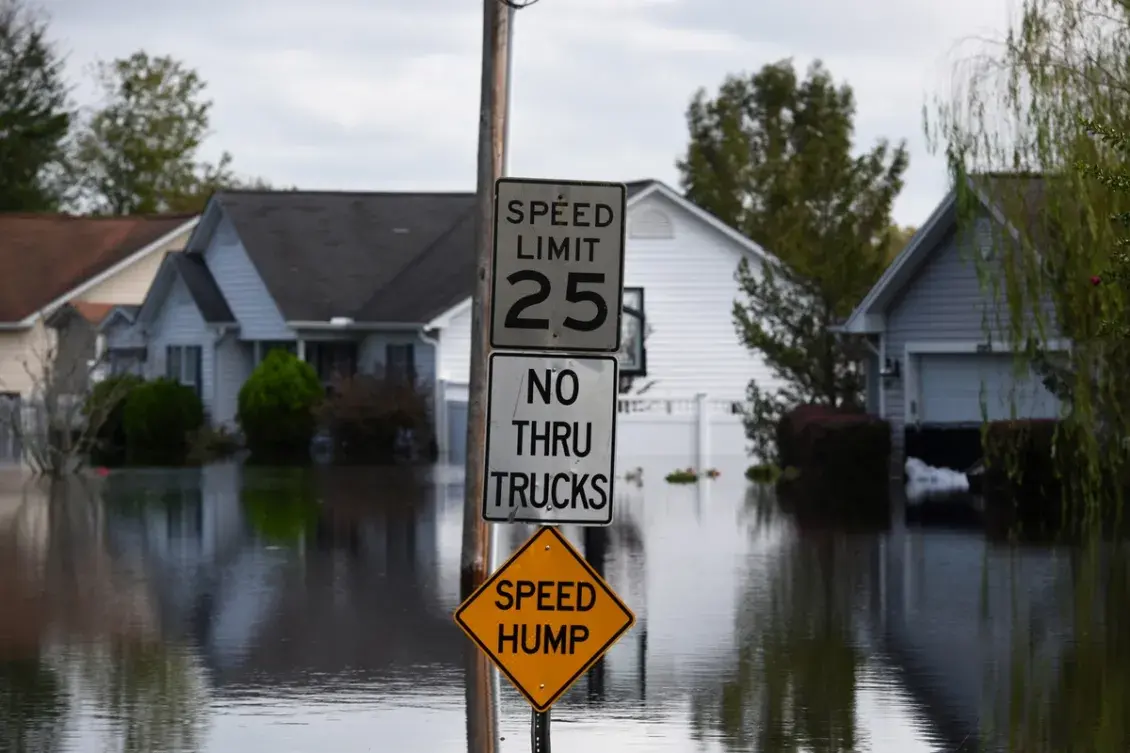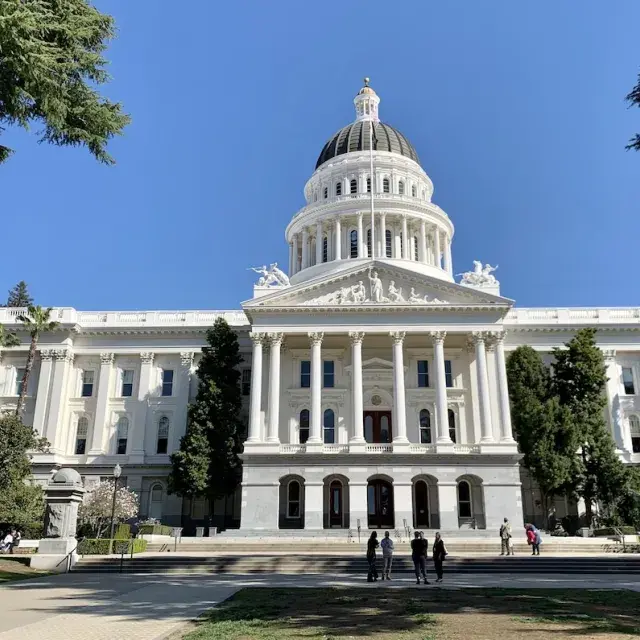As disasters increase in frequency and severity, it is more critical than ever to ensure disaster recovery programs are effective and responsive to the needs of impacted communities. Enterprise has long advocated for policies that promote resilience, efficiency, and adaptability in disaster recovery efforts, particularly around the Community Development Block Grant Disaster Recovery (CDBG-DR) program, which is the only source for federal long-term disaster housing recovery funding.
We’re proud to have played a pivotal role in shaping the U.S. Department of Housing and Urban Development’s (HUD) recently released Universal Notice for the CDBG-DR program. Published on January 7, this notice reflects many of the priorities Enterprise has long worked with HUD to advance, aimed at improving the program’s flexibility and impact. This notice establishes a clear framework for the requirements tied to the $12 billion in CDBG-DR funds allocated by Congress through the most recent continuing resolution, part of a $100 billion supplemental appropriations package to support disaster recovery efforts across 23 states and one territory affected by disasters in 2023 and 2024. Notably, the framework includes enhanced opportunities for collaboration with Community Development Financial Institutions (CDFIs), which play a vital role in delivering resources to communities in need.
The Universal Notice includes the following key updates to enhance disaster recovery efforts:
- Support for Affordable Housing: Explicitly allowing CDBG-DR funds to pay off post-disaster, pre-award private-sector bridge loans for multifamily affordable housing, easing the financial burden on local communities and helping them recover more quickly.
- Focus on Preparedness and Resilience: Introducing new eligible activities focused on local disaster preparedness and resilience, empowering communities to be better prepared for future disasters while recovering from current impacts.
- Streamlined Processes: Aligning environmental review and community-driven relocation requirements with Federal Emergency Management Agency (FEMA) standards, streamlining processes for affected communities.
- Community Engagement: Establishing a citizen advisory group of community members who reflect the demographics of the disaster-impacted area to provide ongoing input, guidance, and recommendations throughout the grant's lifecycle.
- Fair Allocation of Funds: Ensuring that funds are allocated to communities in proportion to their needs, covering housing, infrastructure, economic development, and programs for both homeowners and renters.
- Flexible Ownership Documentation: Allowing alternative methods for documenting ownership of homes damaged by disasters, such as deeds, titles, mortgage papers, tax receipts, home insurance, purchase contracts, wills or affidavits, repair receipts, court documents, letters from manufactured housing community owners or public officials, self-certification, and utility bills.
The Universal Notice provides clear, consistent guidance for grantees, ensuring that recovery efforts can move forward with fewer delays. These updates pave the way for a more inclusive and efficient disaster recovery process, ensuring that communities hardest hit by natural disasters are supported in their rebuilding efforts.
While the Universal Notice marks a significant step forward, more work remains to ensure the CDBG-DR program can meet the growing demands of disaster recovery. Enterprise urges Congress to permanently authorize the CDBG-DR program in statute. Codifying the program would allow HUD to expedite the distribution of resources, ensuring that funds are delivered more quickly and efficiently to the communities that need them most. We are proud to have contributed to shaping this framework, which will help thousands of families and individuals impacted by disasters from the last two years, and in the new Administration, Enterprise remains committed to advocating for solutions that help communities withstand and recover from natural disasters.



